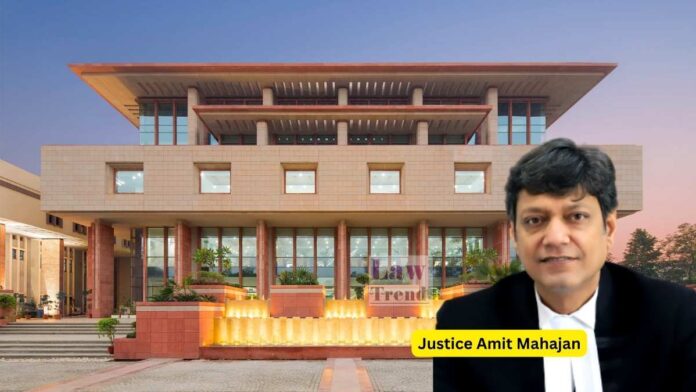The High Court of Delhi on Wednesday directed that an 81-year-old, bedridden convict be confined to her home, treating it as custody, until the State authorities decide on her case for premature release. In a significant judgment addressing a “legal limbo” for incapacitated prisoners, Justice Amit Mahajan also directed the Government of NCT of Delhi
To Read More Please Subscribe to VIP Membership for Unlimited Access to All the Articles, Download Available Copies of Judgments/Order, Acess to Central/State Bare Acts, Advertisement Free Content, Access to More than 4000 Legal Drafts( Readymade Editable Formats of Suits, Petitions, Writs, Legal Notices, Divorce Petitions, 138 Notices, Bail Applications etc.) in Hindi and English.




